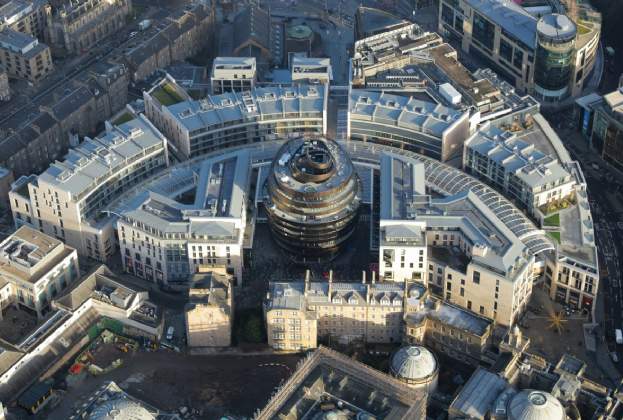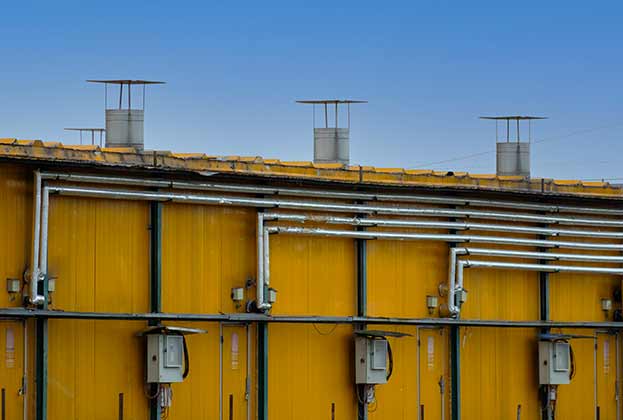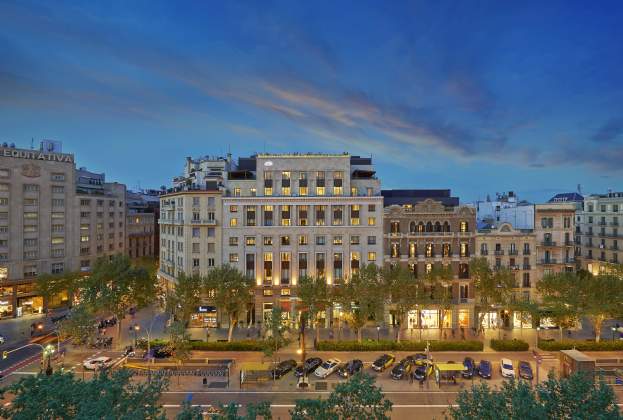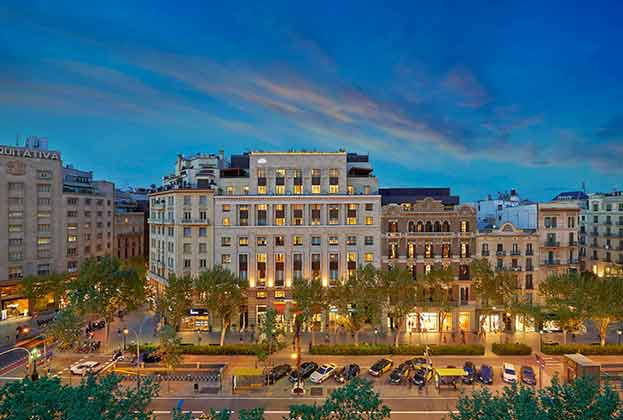Commercial real estate weathered a turbulent year against a challenging economic backdrop with the rising cost of debt and increase in interest rates prompting investors to exercise caution. Nevertheless, the continued value placed on travel and experiences led to increased hotel occupancy, attracting the attention of investors looking for a safe hedge against inflation.
In 2023, transactional volumes for UK hotels reached £2.28 billion, down on the five-year average of (£3.24 billion), but this still represents significant investment. Notably many transactions took place in Q4, indicative of improving investor sentiment and painting a positive outlook for the year ahead. Based on our current pipeline, we forecast £4 billion worth of UK hotel transactions over the next twelve months, pursuing the following trends:
Creative deal making
Interest rate rises were detrimental to the wider commercial real estate market during 2023 and hampered buyers’ ability to pay high asking prices. As rates stabilised, we’ve seen the bid ask spread narrow, allowing for values to stabilise and igniting more confidence in the market. Global investors have been more reticent to invest with the uncertainty surrounding the UK market, but we’ll see global players, particularly from South East Asia and the US investing more heavily in hotels, as well as European institutions and private capital.
Pressure from private equity funds to deploy capital is already evident and with big platforms are set to come to market throughout the year. With debt still remaining difficult to secure, we will see more creative transactions, with more M&A activity and refinancings as loans reach maturity.
Rise of boutique and pod hotels
Those travelling outside of UK cities, now tend to seek unique and immersive experiences, driving the demand for boutique and ‘lifestyle’ hotels. These establishments often emphasize local culture, design, and personalised services. Investors are recognising the potential of these niche markets, leading to an increased number of transactions involving boutique hotels.
In terms of inner-city stays, we’re seeing an increase in pod or micro hotels. They offer good quality services at a low price for travellers and our research reveals that a London pod hotel room can be up to 22 per cent cheaper than a traditional budget hotel in the same area. Recent examples of activity in this market include Melford Capital’s conversion of London’s SoHostel, comprised of 775 capsule beds and a large roof terrace. Similarly, Kabannas has a new micro accommodation capsule platform recently backed by €200 million of funding.
Hotel conversions continue
We’ve seen nine offices convert to hotels this year, and expect this to continue for the first half of 2024, primarily in London but also stretching into cities across other UK regions. A recent example is Haymarket House which was purchased by Criterion Capital this year and is expected to go through an office to hotel conversion.
The City of London’s planning policy softened to allow vacant offices to go through a repositioning, which is typical in America, and helps to assist the circulation of stock in the market.
In conclusion, it’s no surprise that the hotel sector remains resilient in the face of uncertainty, and it’s positive to see it bouncing back from the negative impact of the pandemic. Hotels are the second oldest asset class after houses – and consumers continue to seek a home away from home to visit new sites, friends and family. Investment into the UK market will get back to its five year average, and we look forward to seeing how it performs in 2024.
Further information
Contact Rob Stapleton



.jpg)
.jpg)





